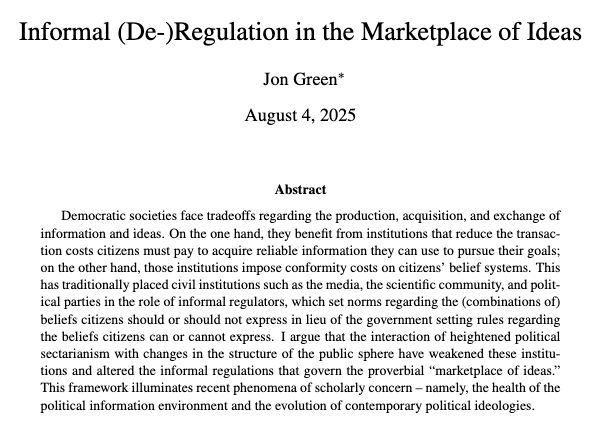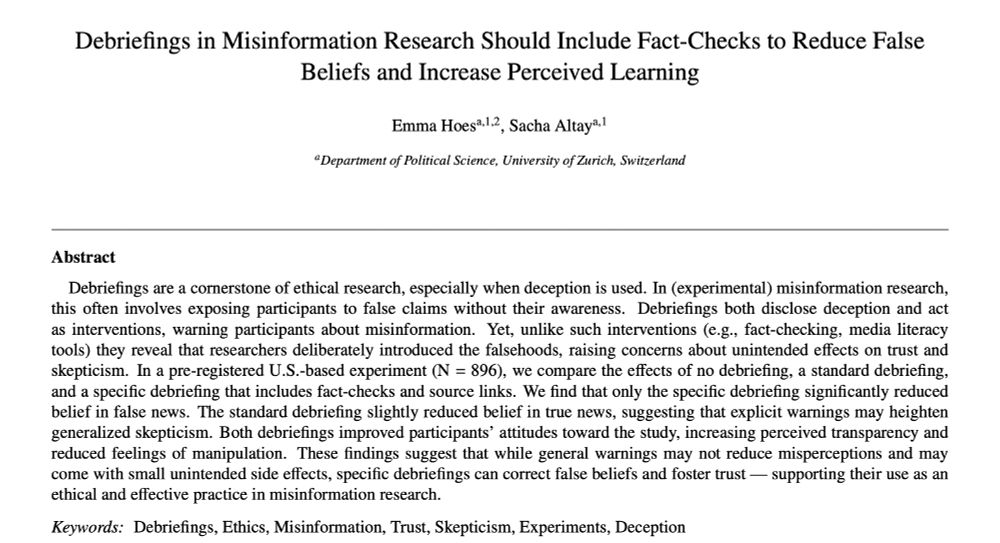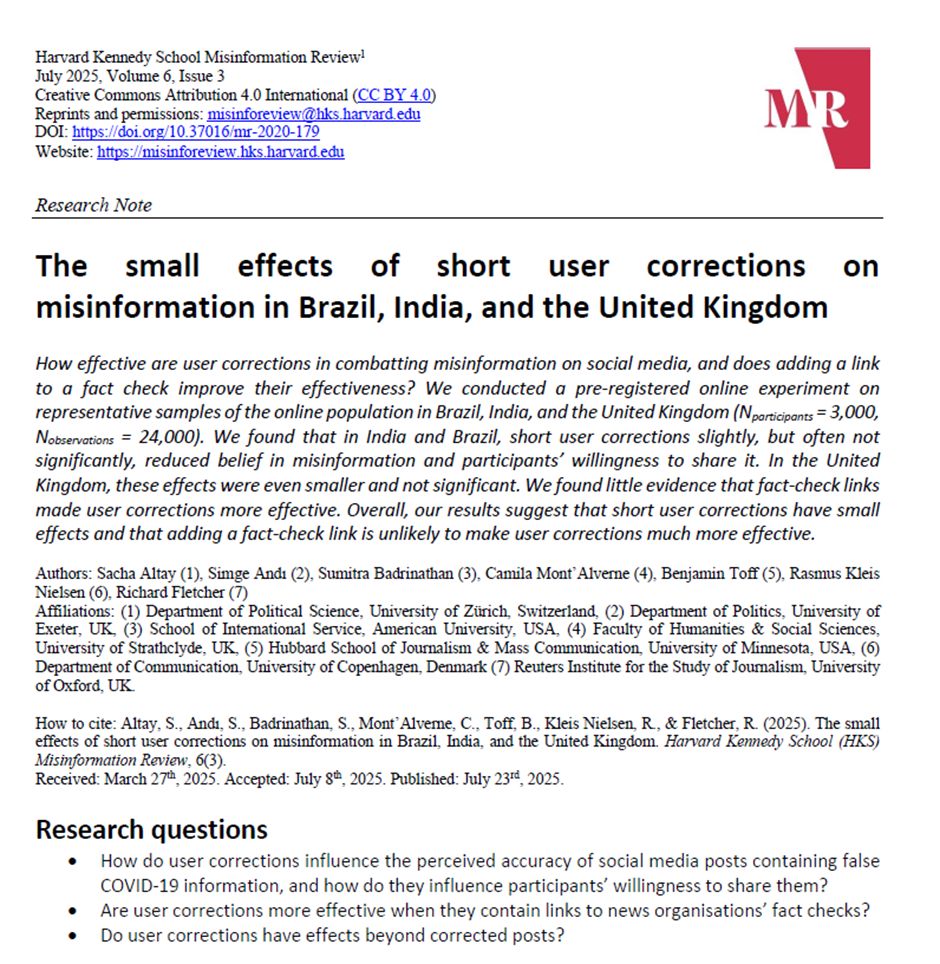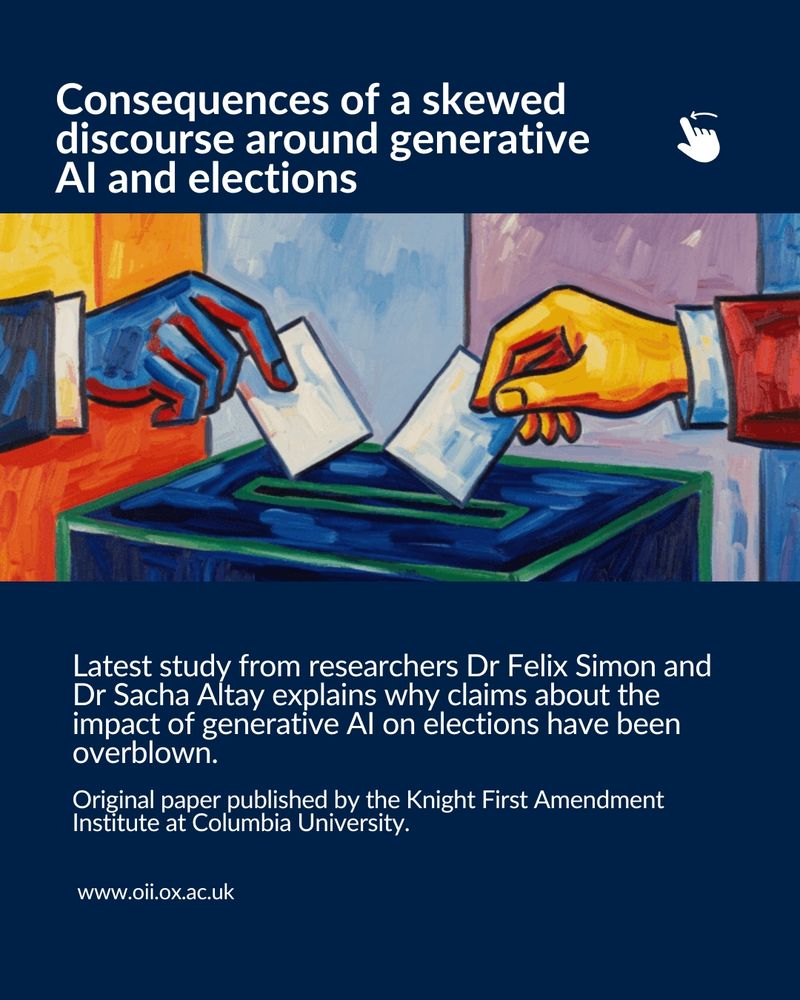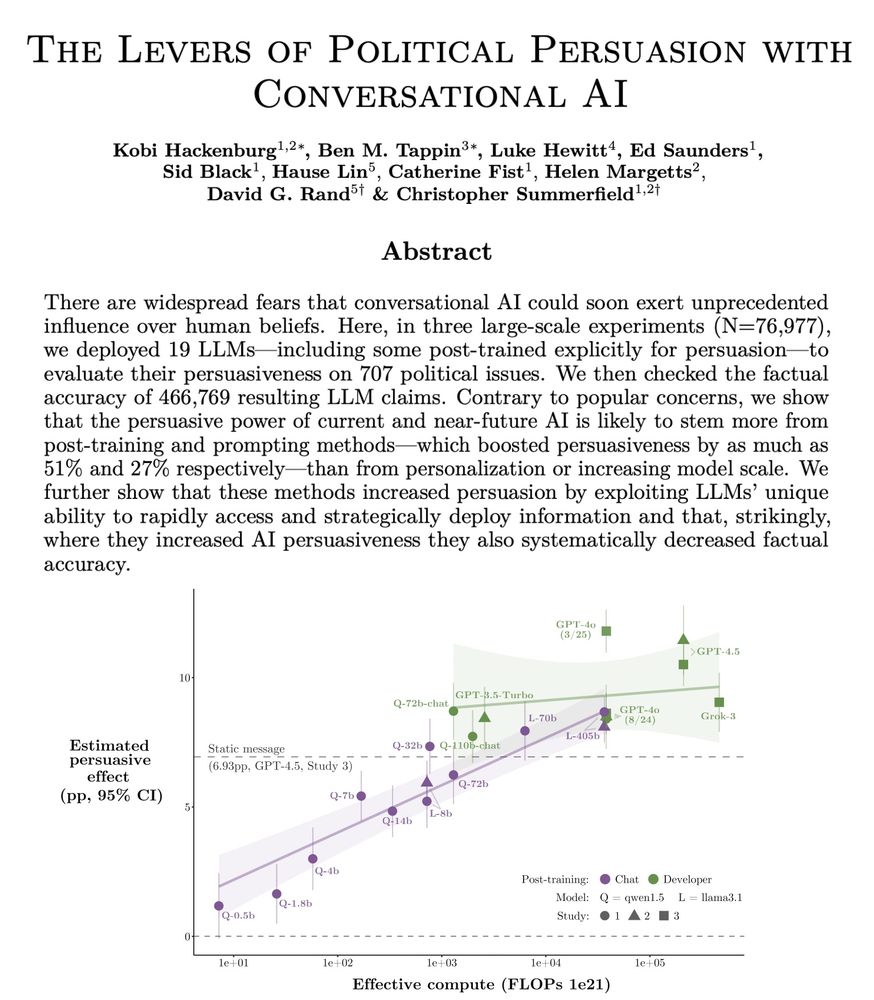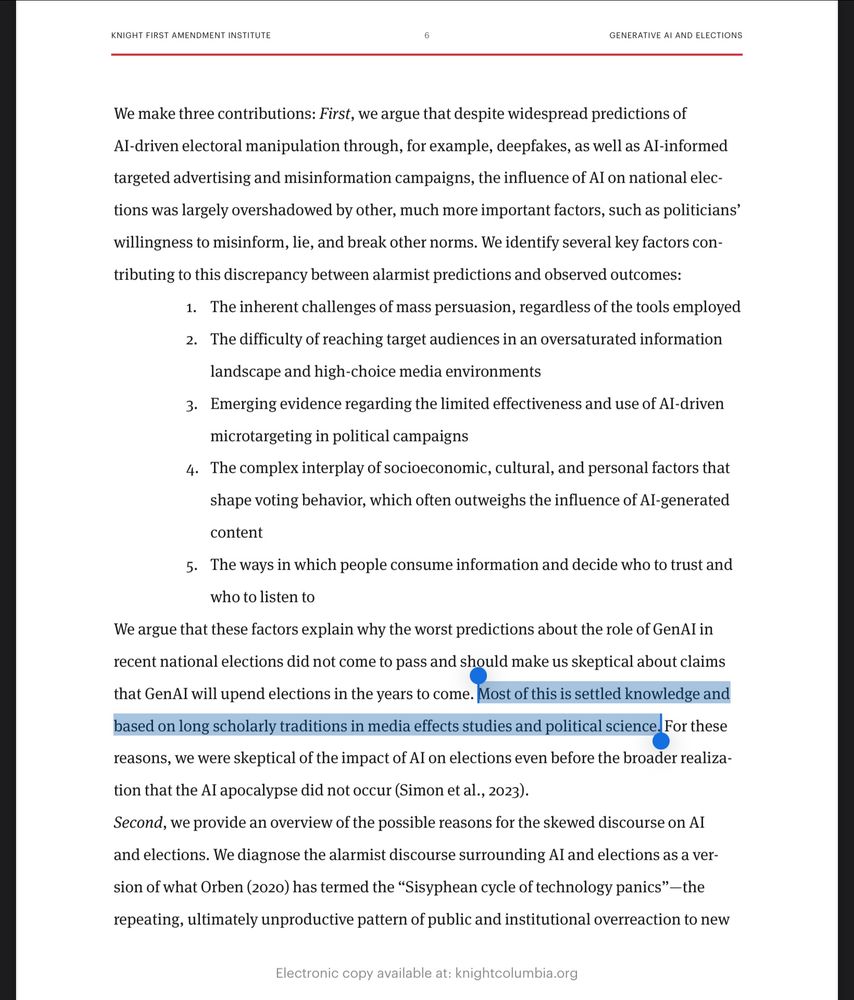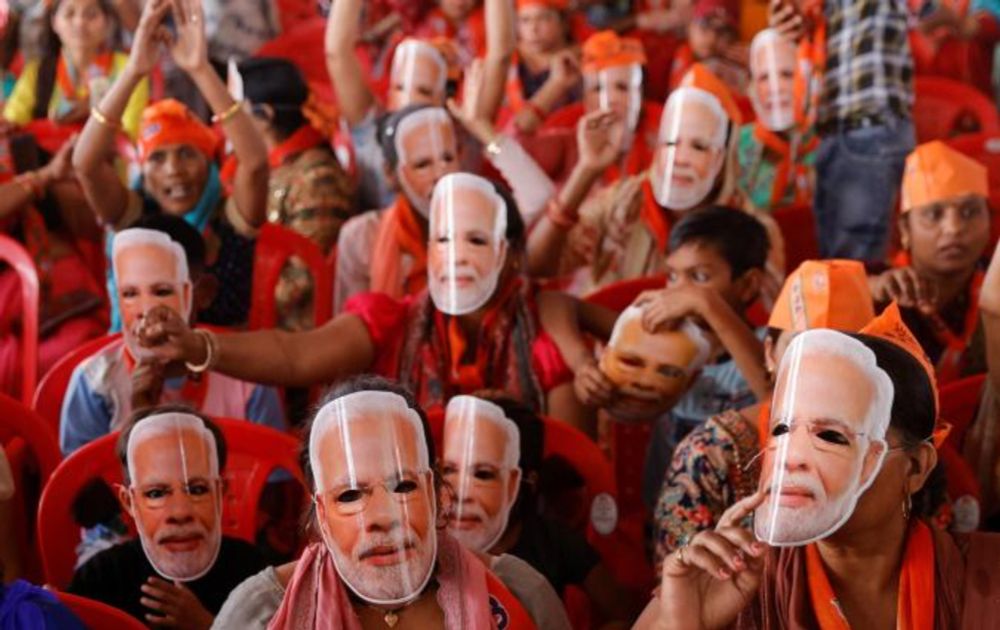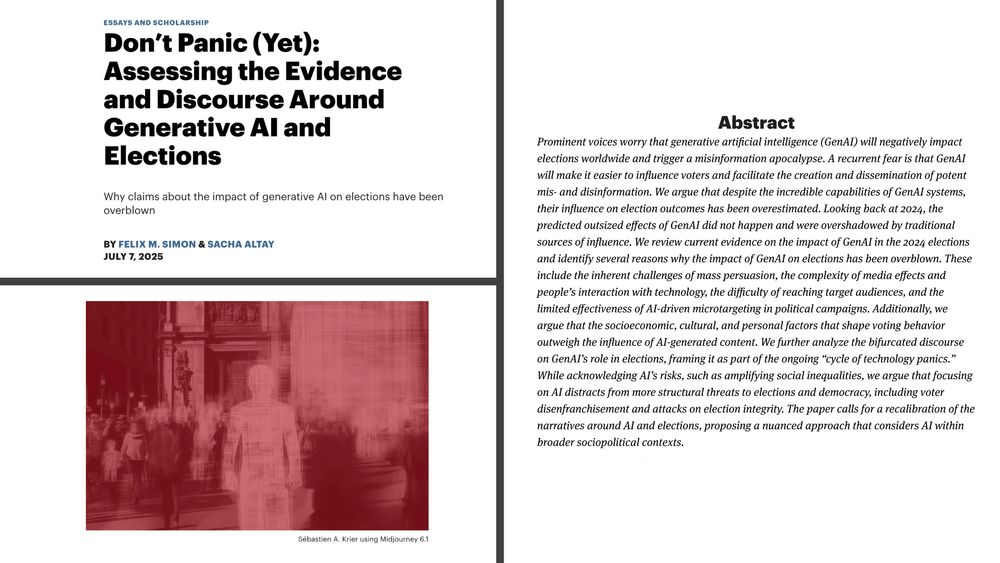Sacha Altay
@sachaltay.bsky.social
5.8K followers
270 following
110 posts
🔎 Misinformation, social media & the news 🗞️
🇨🇭 Postdoc at the University of Zurich, previously Reuters Institute & ENS 🇫🇷
Posts
Media
Videos
Starter Packs
Reposted by Sacha Altay
Reposted by Sacha Altay
Reposted by Sacha Altay
Reposted by Sacha Altay
Hugo Mercier
@hugoreasoning.bsky.social
· Aug 11
Reposted by Sacha Altay
Reposted by Sacha Altay
Reposted by Sacha Altay
Reposted by Sacha Altay
Reposted by Sacha Altay
Reposted by Sacha Altay
Reposted by Sacha Altay
Reposted by Sacha Altay
Sacha Altay
@sachaltay.bsky.social
· Jul 20
Reposted by Sacha Altay
Reposted by Sacha Altay
Reposted by Sacha Altay
Sacha Altay
@sachaltay.bsky.social
· Jun 27
Sacha Altay
@sachaltay.bsky.social
· Jun 27
Sacha Altay
@sachaltay.bsky.social
· Jun 27




